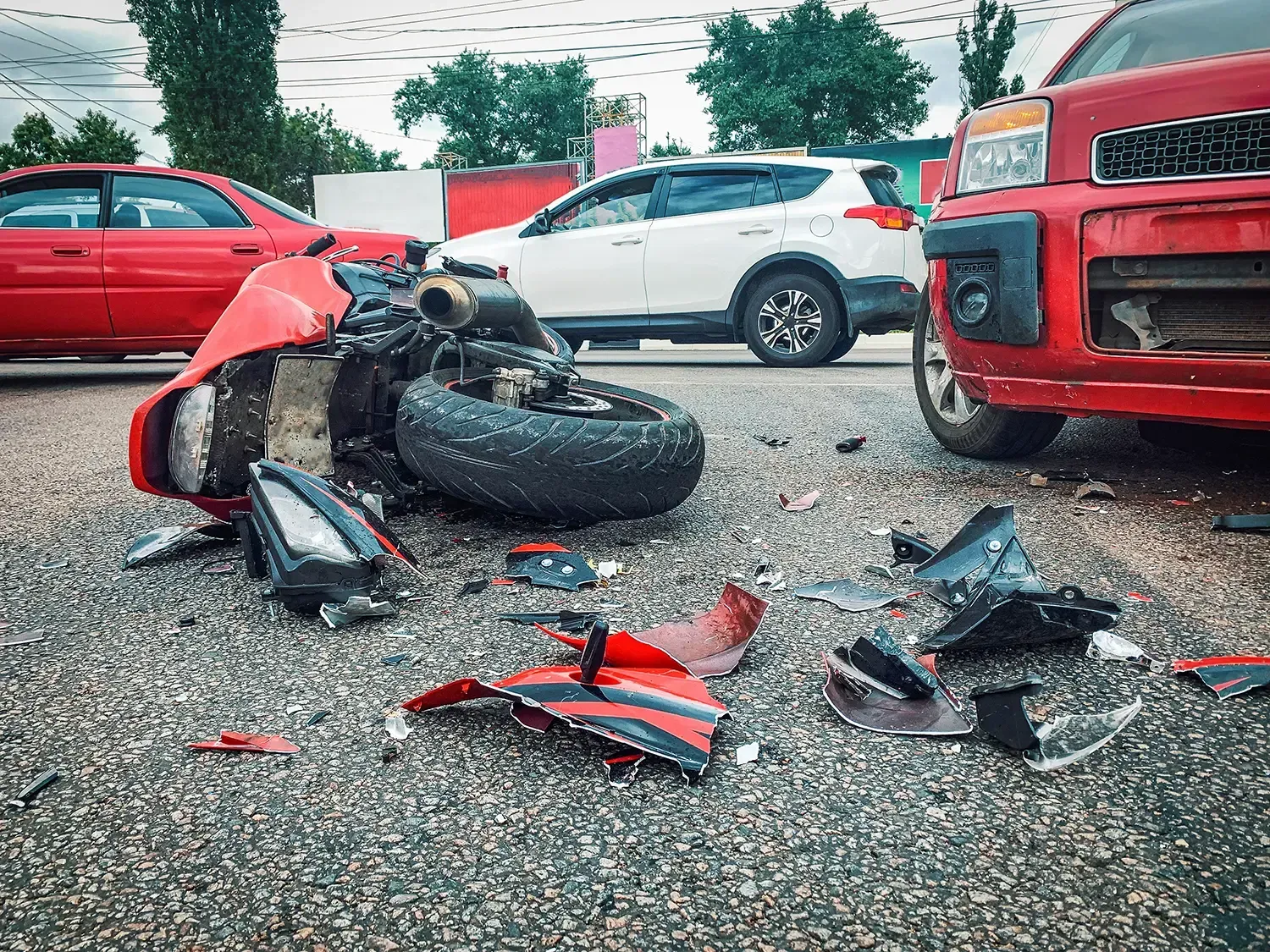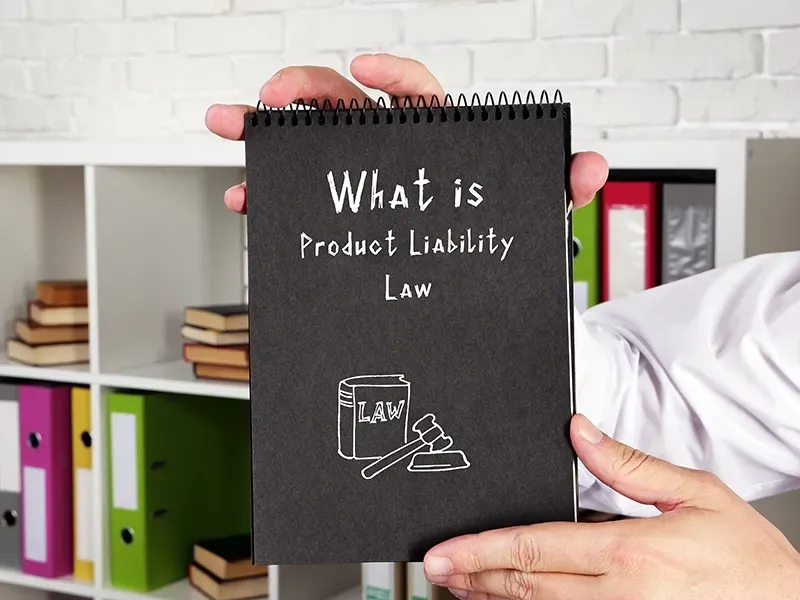Navigating Proper Insurance Limits In California
Having practiced personal injury law for over 22 years in the beautiful yet bustling state of California, I’ve witnessed firsthand how accidents can turn lives upside down in their aftermath. Navigating and understanding insurance limits during an accident, the emotional and financial toll can be immense. Proper insurance coverage is the safety net that makes a significant difference. Today, I want to share insights on the recommended level of insurance to keep in the Golden State, the importance of higher policy limits, and how umbrella coverages can be an invaluable asset.

Understanding Insurance Requirements in California
In California, the law requires drivers to carry minimum liability insurance limits of $15,000 per person/$30,000 per accident for bodily injury and $5,000 for property damage. However, these minimums are often insufficient in the face of serious accidents. Medical expenses, lost wages, and repair costs can quickly exceed these amounts, leaving the at-fault party vulnerable to out-of-pocket expenses.
The Case for Higher Policy Limits
Higher policy limits provide a stronger safety net, ensuring that in the event of a serious accident, you have sufficient coverage to handle claims without jeopardizing your personal assets. For bodily injury, consider increasing your limits to at least $100,000 per person and $300,000 per accident. For property damage, a limit of $100,000 offers more comprehensive coverage, especially given the high value of vehicles and property in California.
Why Go Beyond the Minimum?
The rationale behind opting for higher limits is simple: protection and peace of mind. Accidents can result in damages that far exceed the minimum coverage, particularly with the rising costs of medical care and vehicle repairs. If your insurance limits are too low to cover the claims, you could be personally responsible for the difference. This is where personal injury law intersects significantly with insurance decisions. As a personal injury attorney, I’ve seen cases where individuals face financial ruin because their coverage was inadequate for the damages awarded.
Umbrella Coverage: An Extra Layer of Security
Umbrella insurance is a type of liability insurance that provides an extra layer of security beyond the limits of your homeowners, auto, and boat insurance policies. It kicks in when you have exhausted the limits of your other policies. For residents of California, where lawsuits and claims can escalate quickly, umbrella coverage is not just recommended; it’s essential.
An umbrella policy typically starts with $1 million in coverage, extending up to $5 million or more. This coverage not only protects your assets but also covers a broader range of scenarios that might not be included in standard policies, such as libel, slander, and false arrest.
How This Works Within Personal Injury Law
From a personal injury law perspective, having adequate insurance coverage is crucial. It not only protects you from potential financial hardship but also ensures that if you’re at fault in an accident, the injured party receives appropriate compensation. Conversely, if you’re the victim, the at-fault party’s insurance plays a pivotal role in your recovery process.
In lawsuits where damages exceed the defendant’s policy limits, the plaintiff may pursue the defendant’s personal assets. This scenario highlights the importance of both having higher policy limits and umbrella coverage as part of a comprehensive insurance strategy.
Learn More on Insurance Requirements in the state of California
For those interested in understanding the requirements for auto insurance in California, especially in the context of personal injury law, it’s crucial to familiarize yourself with the state’s legal mandates and the additional protections that may benefit you. According to the California Department of Motor Vehicles (DMV), the state requires all drivers to maintain minimum liability insurance coverage of $15,000 for injury/death to one person, $30,000 for injury/death to more than one person, and $5,000 for property damage. These are the basic legal requirements, but experts widely recommend carrying higher limits to protect your assets in case of a serious accident.
The DMV also highlights various forms of financial responsibility, including motor vehicle liability insurance policies, cash deposits with the DMV, DMV-issued self-insurance certificates, and surety bonds from companies licensed to do business in California. These options provide flexibility for drivers in meeting the state’s financial responsibility requirements.
Furthermore, the California DMV offers a Low Cost Automobile Insurance Program for drivers who cannot afford standard insurance premiums, making it easier for more residents to comply with these legal requirements and drive legally on California roads.
Understanding these insurance requirements and considering umbrella insurance as an additional layer of protection is crucial. Umbrella insurance can extend your liability coverage beyond what’s provided by your standard auto and homeowner’s insurance policies, offering an extra safety net in case of major claims or lawsuits that exceed your primary policy limits.
For comprehensive details on California’s auto insurance requirements and related financial responsibility laws, you can visit the official California DMV website.
Conclusion
My professional experience underscores the importance of having adequate insurance. Opting for higher policy limits and securing umbrella coverage are critical steps in protecting yourself and your assets. These measures provide a safeguard against the unpredictable nature of accidents and the legal ramifications that can follow.
Insurance isn’t just about compliance with state laws; it’s about ensuring financial stability and peace of mind in the face of life’s uncertainties. I strongly recommend consulting with an insurance professional to tailor a coverage plan that meets your specific needs and provides the level of protection essential for living in California. Remember, in the realm of personal injury law, being well-insured is not just prudent—it’s paramount.
Share








